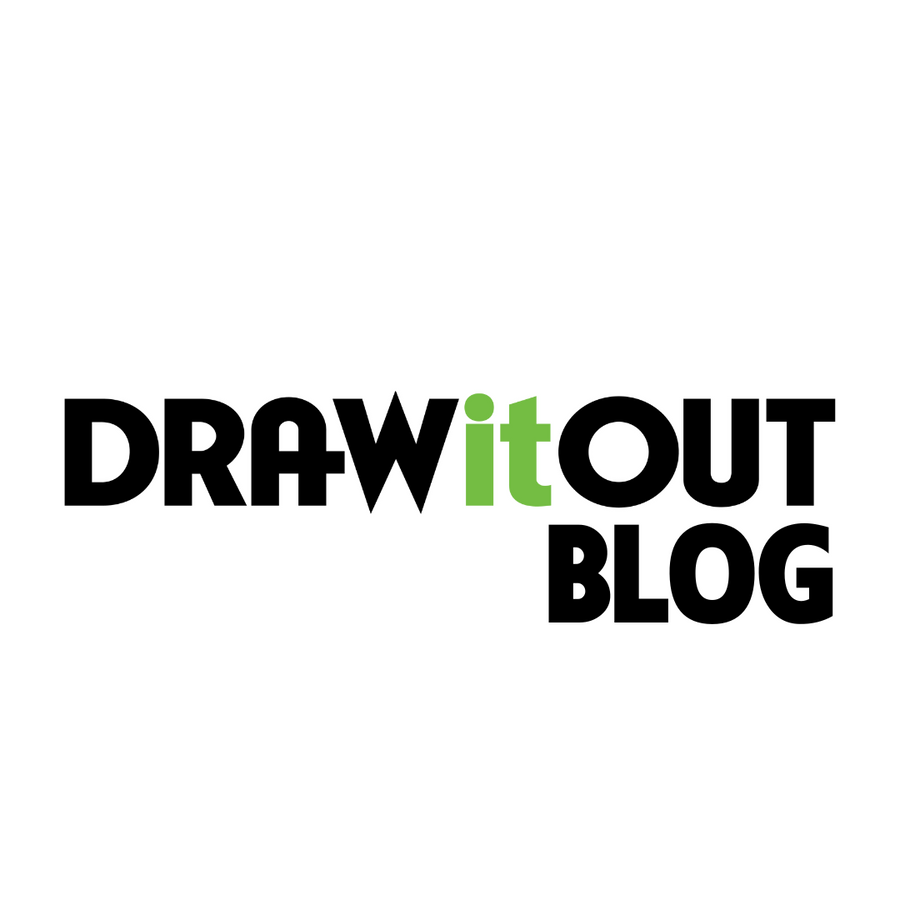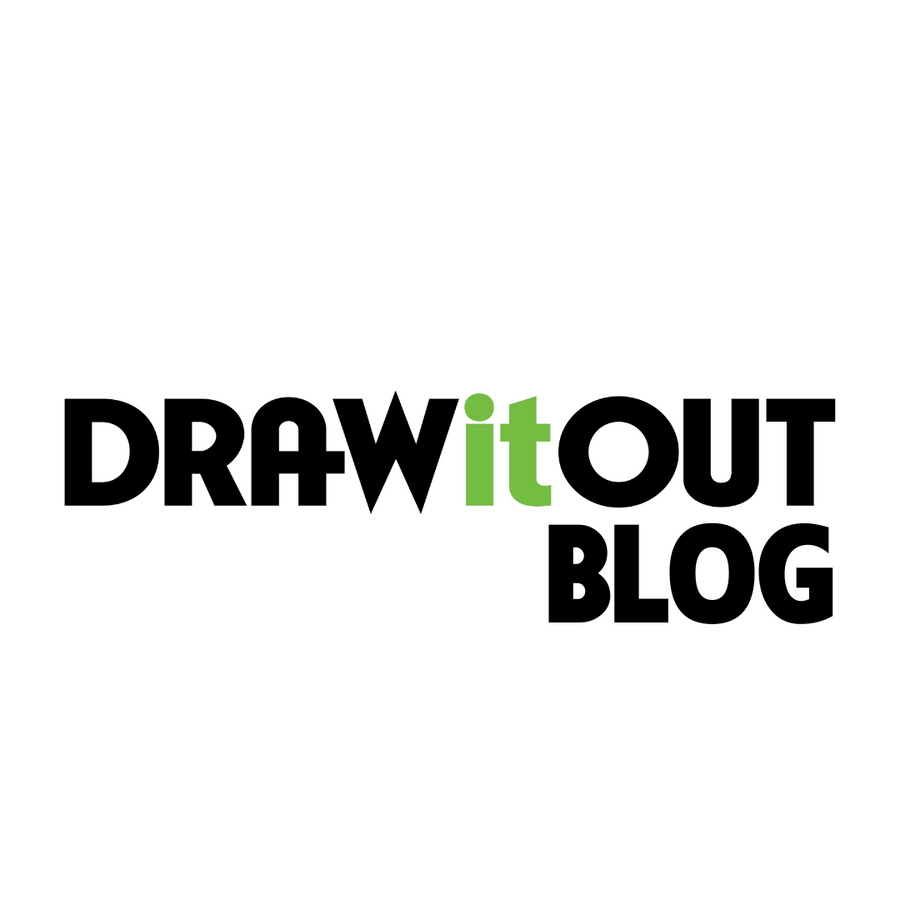
Winter Horse Warm-Up Routine – Keep Muscles Loose in Cold Weather | Draw It Out®
Before every winter ride, give your horse the gift of circulation. This quick routine primes muscles, prevents stiffness, and sets the to...

Nibbling can be communication, curiosity, stress relief, or a sign of discomfort. Here’s what it means—and how to respond.
Horses may nibble to seek attention, show affection, or mimic social grooming. It’s their way of bonding, just as herd members groom each other.
Young horses especially use their mouths to explore. Sensitive whiskers and lips investigate textures, tastes, or even your clothing. Teething can also drive nibbling.
Lack of stimulation, social isolation, or anxiety can trigger repetitive nibbling. Addressing enrichment and turnout often reduces this behavior.
Sharp points or uneven wear cause mouth pain. Regular dental floats help prevent ulcers and discomfort that may manifest as nibbling.
Nibbling odd objects (or handlers) can reflect mineral imbalances or lack of roughage. A balanced diet and salt/mineral access are essential.
Localized pain or GI discomfort can cause nibbling as a signal. Investigate if new nibbling coincides with soreness or health changes.
Dye & fragrance free, made with aloe, red algae, and shea butter to hydrate and protect sensitive skin.
Trusted by equestrians who want a reliable cream for everyday skin support.
Helps support recovery from skin irritations while hydrating and soothing stressed areas.
Gentle nibbling is usually harmless, but it can escalate into biting. Set boundaries early to keep it safe.
Redirect the behavior with enrichment, grooming tools, or chew-safe items. Consistency and patience are key.
Yes—especially if the nibbling is new, intense, or focused on a body area. Rule out dental or health issues with your vet.
Often, yes. Horses mimic social grooming with humans they trust. Always read it in context with body language.
Nibbling is part curiosity, part communication, sometimes stress, sometimes pain. By observing context and providing balanced care, you can decode what your horse is telling you—and strengthen your partnership.

Before every winter ride, give your horse the gift of circulation. This quick routine primes muscles, prevents stiffness, and sets the to...

Warm‑ups set the tone for the entire ride. Here’s how liniment—used the right way—helps your horse move freer, softer, and more confident...

Tight turns, deep dirt, and big speed put serious torque on your horse’s legs. This quick, proven recovery routine helps reduce swelling,...
!